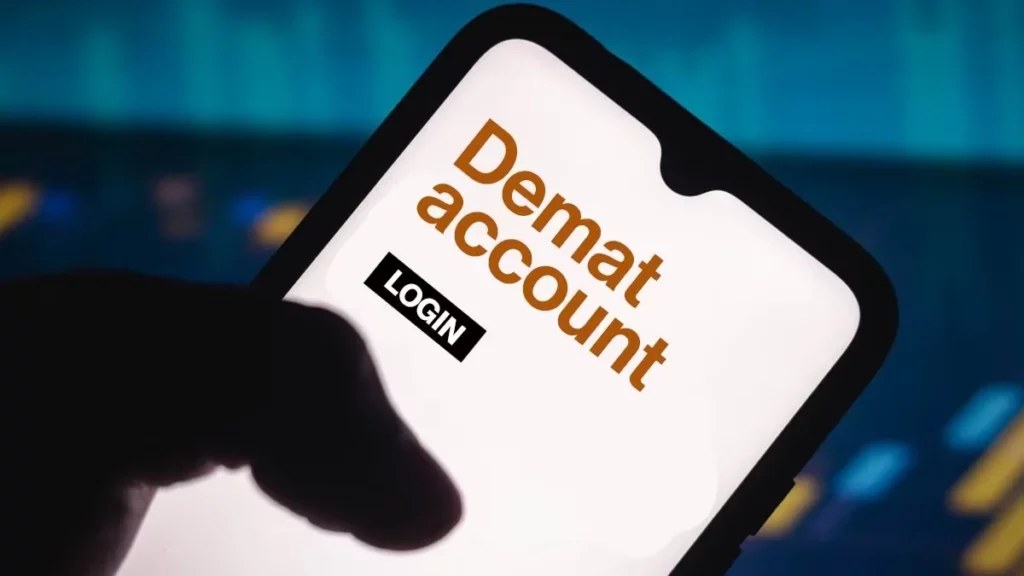
An Indian name for a dematerialized account used to trade shares on the stock market and hold financial securities (equity or debt) digitally is “demat account.” Two depository companies—National Securities Depository Limited and Central Depository Services Limited—maintain demat accounts in India.
The depository and the investor are connected by a depository participant (DP), such as a bank. A DP is referred to as the depository’s agent in India. A contract formed between the two parties in accordance with the Depositories Act governs the relationship between the DPs and the depository. In order to facilitate trade settlement by electronic means, the demat account number must be provided for every transaction.
An internet password and a transaction password that permits the transfer or purchase of securities are required for access to the dematerialized account.
A security is a marketable financial asset, but the legal meaning differs from state to jurisdiction. The phrase typically refers to any type of financial instrument. Once transactions are confirmed and finished, purchases and sells of assets on the demat account are automatically made.
Types of demat accounts
Depository Participants provide three different types of demat accounts:
- Common demat accounts
- Repatriable demat accounts (which permit transfers of foreign currency)
- Accounts with non-repatriable demat
Fees
A demat account typically has four key fees: an account opening fee, an annual maintenance fee, a custodian fee, and a transaction fee. Each depository participant has a different set of costs.
- Account opening fee : There might not be a cost for creating an account. Private banks do not charge an opening fee, but other organizations do.
- Maintenance fee : This is also referred to as folio maintenance fees and is typically assessed upfront.It is billed either annually or monthly.
- Custodian fee : The cost of keeping the securities.
- Transaction fee : A transactional cost.
FOR MORE INFO CLICK THIS SITE:https://learningsharks.in/
FOLLOW OUR PAGE:https://www.instagram.com/learningsharks/?hl=en
